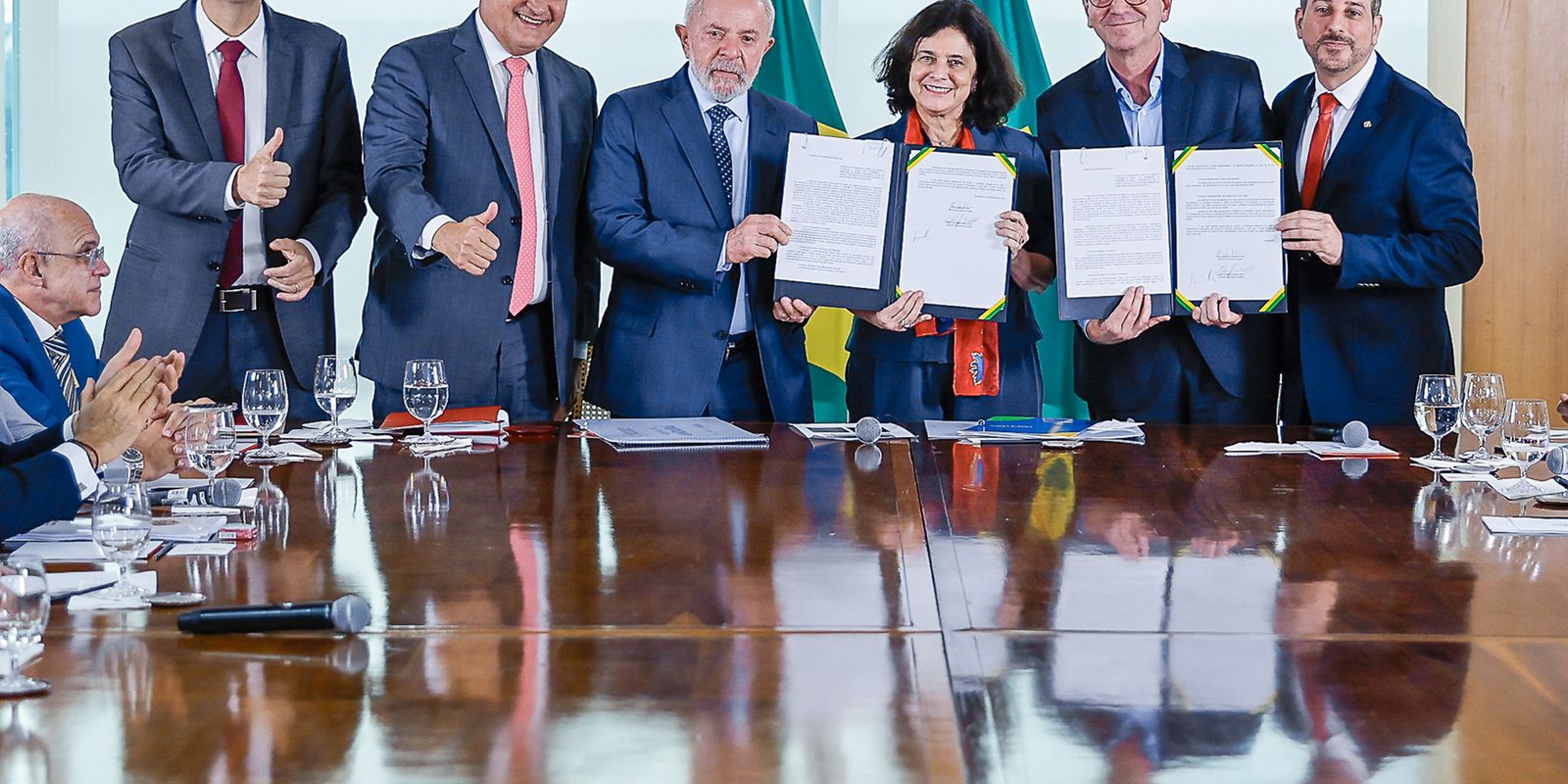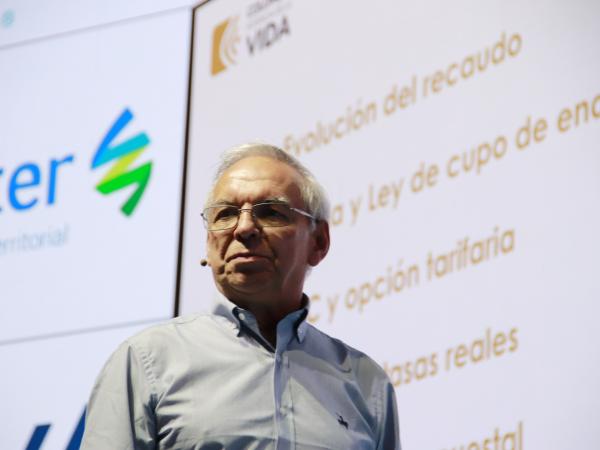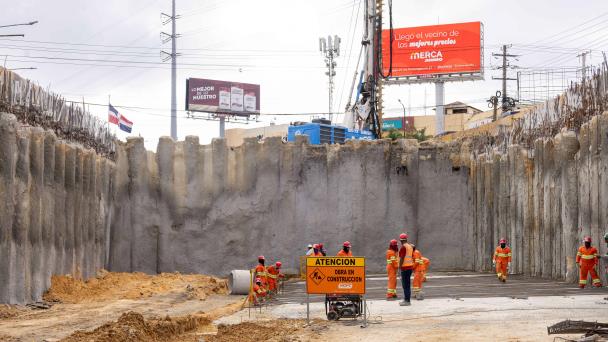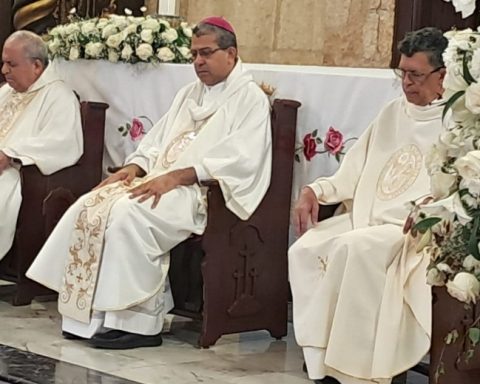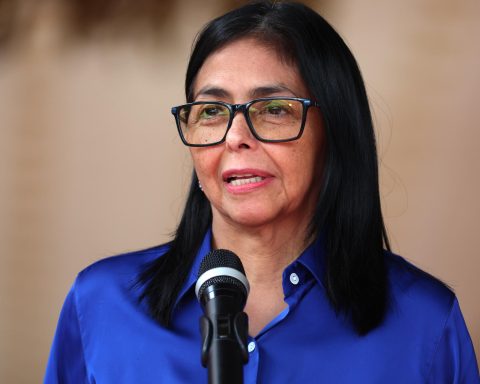The Ministry of Health and the city of Rio de Janeiro reached an agreement so that the federal hospitals of Andaraí (HFA) and Cardoso Fontes (HFCF) will be administered by the municipality. According to the parties, the change will result in the opening of beds and an improvement in the quality of care provided to the population.
The measure was announced in Brasília, this Wednesday (4), by President Luiz Inácio Lula da Silva, the Minister of Health, Nísia Trindade, and the mayor of the capital of Rio de Janeiro, Eduardo Paes. The decision is the target of criticism from the Union of Federal Workers in Security and Social Security (Sindsprev-RJ), which has already scheduled a protest for Thursday (5).
The agreement provides for the municipality to receive R$610 million from the MAC Ceiling, amounts to be used to fund actions classified as high and medium health complexities. In addition, the Union will transfer R$150 million, of which R$100 million will go to the Hospital Federal do Andaraí and R$50 million to the Hospital Federal Cardoso Fontes. The resources, paid in a single installment this month, will be used for immediate measures.
“Rio de Janeiro’s federal hospitals need to return to being centers of excellence serving our population and we are here at a very important moment, moving in that direction. Our idea is to increase the power of these hospitals. It is very important that they work for the population, opening beds, opening services”, said the Minister of Health, Nísia Trindade.
According to President Lula, the changes will increase the population’s access to specialist doctors, which often takes time.
“If we could, we would stop the clock and tell the disease to wait. But we can’t. So, we need to ensure that these people have not only the first consultation, but also the second consultation. And, at the same time, guarantee the effect of the second consultation. Because in this consultation, the order for the exams, the PET-Scan, the magnetic resonance comes and then it takes more than 10 months. mandate, can communicate to the Brazilian people that they will have more experts,” he said.
A set of goals was stipulated. For the Federal Hospital of Andaraí, 146 new beds are planned to be opened, totaling 450. The municipality is expected to double the number of visits, reaching 167 thousand per year, and hire 800 new workers, bringing the number of patients to 3.3 thousand employees.
At Hospital Federal Cardoso Fontes, with the opening of another 68 beds, the total number is expected to reach 250. The volume of care is also expected to double, reaching 306 thousand per year. An additional 600 professionals will need to be hired, increasing the workforce to 2,600 people.
The two units will also undergo renovations. “The changes are part of the Restructuring Plan for the Federal Hospitals of Rio de Janeiro, prepared by minister Nísia Trindade. In addition to HFA and HFCF, two other units have already started their restructuring process: the federal hospitals of Bonsucesso (HFB) and Servidores of the State (HFSE)”, records a note released by the federal government.
Protests
In total, there are six federal hospitals in the capital of Rio de Janeiro. They specialize in highly complex treatments for patients across the country within the Unified Health System (SUS). This large concentration of federal units, unusual in other cities in the country, is due to the fact that Rio de Janeiro was the country’s capital. They continued under the management of the Ministry of Health even after the construction of Brasília.
Although considered hospitals of excellence in the past, the units face a process of precariousness that has been going on for more than a decade. In recent years, there have been records of a variety of problems, including shortages of inputs, flooding during rainy periods and lack of equipment.
In 2020, a fire at the Bonsucesso Federal Hospital caused the death of three hospitalized patients and paralyzed reference services such as cornea transplants and that of kidney transplants.
Without a public tender since 2010, problems involving the lack of human resources are one of the main bottlenecks. To meet the needs of professionals, temporary contracts have been used, which results in high turnover, as doctors, nurses and other health workers have no guarantee of stability.
In recent years, there have been various crises on the eve of contract expiry dates. Currently, these federal units have around 7 thousand permanent professionals and 4 thousand temporary professionals.
Mobilized by Sindsprev-RJ, the servers have held protests against what they consider to be a slicing and dismantling of the management of the federal hospital network. They even carried out a strike in the first half of this year, demanding measures to combat the scrapping of units over the last few years, as well as salary recovery and the holding of a public competition.
There is a fear on the part of civil servants that municipalization is a preliminary stage to move forward in a privatization process. They point out that, in the management of municipal health, it has been common to hand over health units to social organizations and to carry out public-private partnerships (PPPs).
For this reason, Sindisprev-RJ called for new protests for this Thursday (5) at the Andaraí Federal Hospital and for Monday (10) at the Cardoso Fontes Federal Hospital. Both demonstrations are scheduled for 10 am.
In October, another protest occurred at the Federal Hospital of Bonsucesso against the transfer of management of the unit to the Grupo Hospitalar Conceição (GHC). It is a public company linked to the Ministry of Health that manages federal public hospitals in the south of the country.
In the demonstration, the employees considered that the change would culminate in the dismantling of the unit and that the government took the decision without dialogue. According to them, the problems need to be faced with investments and not with a split in management, which would put the continuity of a 100% public model at risk.
Restructuring
During the announcement of municipalization, the agreement was defended by Mayor Eduardo Paes. “It’s not because the city hall is more competent than the federal government. It’s not about that. It’s about the simple fact that the city hall is closer to the people and, therefore, to run hospitals with these characteristics, it is better. There will be more dedication and a closer look”, he said.
He highlighted that part of the resources will be used to invest in works at the two units.
“I am making a commitment that President Lula, within a year, will reopen these fully recovered hospitals. They are structures that are very destroyed and it is much more difficult to carry out work in a federal government than in a city hall. There are control bodies and the complexities of the federal government. That’s why President Lula works in such a federative way and with this constant partnership with the municipalities and states.
Changes in the management of federal hospitals in Rio de Janeiro began to be announced by the Ministry of Health at the beginning of the year, after reports of appointments without technical criteria and irregularities in the contracting of ongoing services came to light.
At that time, a Management Committee to temporarily take over the administration of the units and, later, it was announced that a restructuring of the network would be coordinated with two public companies – the Brazilian Hospital Services Company (Ebserh) and GHC – and the Oswaldo Cruz Foundation (Fiocruz).
At the time, the Minister of Health, Nísia Trindade, denied that there was an intention to transfer the management of the units. “There is no distribution of hospitals. The government will not give up coordinating the hospital reconstruction program and will do so within the vision of the SUS. A definitive management model will be detailed within this program after an entire phase of analysis and dialogue that needs to be carried out with all entities”, he said.
According to the note released by the federal government, the ongoing restructuring guarantees all the rights of employees at the six units and there is a customer service channel to answer questions.
“There will be a process of voluntary movement of professionals, which will respect the employees’ choice of other workplaces. The ministry has created a customer service channel to answer employees’ questions about the plan”, records the text.
The federal government also adds that it has been making important investments in the units, citing the investment of R$13.2 million to install a linear accelerator at the Hospital Federal do Andaraí, aiming to expand oncology treatment. “It is expected to be operational in December 2024. The service is supported by the National Cancer Institute (INCA) and occurred through the Radiotherapy Expansion Plan (PER-SUS)”, indicates the note.
